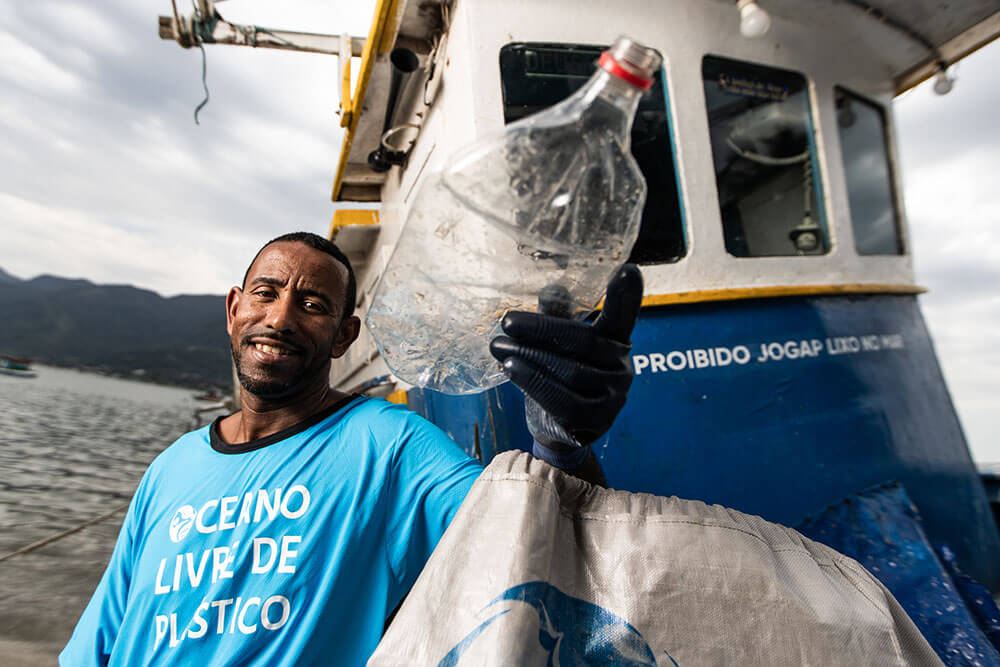
What are plastic credits?
Think of a plastic bottle, one among billions, starting its life in a factory. It’s filled, used, and then discarded – a fleeting moment of…
TESTING THE NOTIFICATION
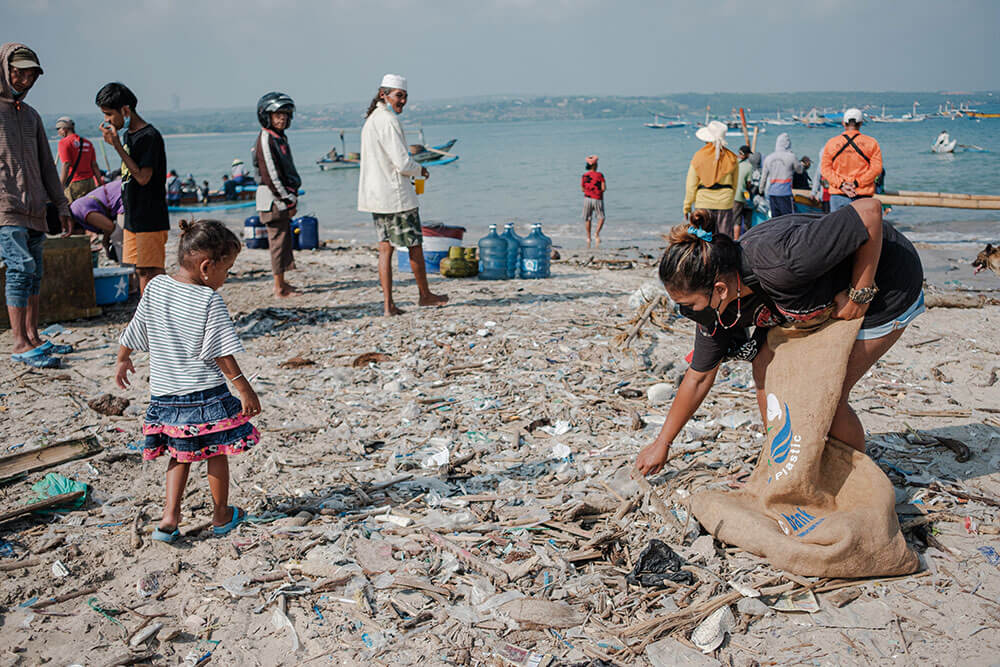
Written by
on
6 minutes to read
Beyond awareness, the planet needs real solutions to plastic pollution, which has become a significant global problem in recent years, affecting ecosystems and biodiversity. According to a study released by the UN Environment Programme, 400 billion kilograms of plastic waste are produced yearly — and the amount of plastic that is recycled or reused is not even half of it.
The creation of plastic was a milestone for humankind — a cheap, versatile, and convenient material that allowed for the creation of dozens of inventions for daily consumption and commercial use. However, its durable characteristic has turned it into the environmental nightmare it is right now.

Much of the plastic is single-use and is often discarded inadequately. Straws, plastic bags, bottles, and cups, among others, are some of the most common single-use plastic items poorly disposed of, ending up on coastlines, ingested by sea animals, and becoming part of our ocean landscape.
The hard truth is that if people continue to discard plastic irresponsibly, the consequences will be catastrophic for the planet. Plastic is not biodegradable and can take hundreds of years to degrade. Some may never degrade and instead disintegrate into tiny pieces called ‘microplastics.’ According to the Ocean Literacy Portal:
Plastic generally takes between 500-1,000 years to degrade. Even then, it becomes microplastics without fully degrading.
Despite the efforts to raise awareness, finding real solutions to plastic pollution is mandatory. Addressing the issue of plastic is needed to fight this crisis and decrease its growing impact. That’s why, in this article, some successful strategies will be shared, highlighting the change each promotes and the innovation it brings.
In recent years, due to the different awareness campaigns about plastic pollution, some measures have been taken globally to address it.
It is encouraging to see that various sectors, from governments, industries, and communities, have developed promising solutions to plastic pollution, from implementing policies to reduce plastic waste, redesigning products, investing in more sustainable materials, and community get-togethers to do coastline cleanups.
Take a look at the viable solutions that are being implemented around the world to tackle plastic pollution.
The ban on single-use plastics is a remarkable achievement towards environmental sustainability. It symbolizes the culmination of persistent global efforts to reduce plastic waste and its negative impacts on our planet. Despite the potential for inconvenience, the long-term benefits for our environment and future generations are unquestionably worth it.
At the global level, interesting initiatives have been taken by countries and stakeholders to find real solutions to plastic pollution. Among them is the United Nations Environment Assembly (UNEA) resolution to end plastic pollution.
The resolution, released in 2021, urges countries to enhance plastic collection, promote circularity, and educate about the plastic crisis — and was considered one of the most encouraging agreements among nations since the Paris Agreement.
The European Union (EU) Single-Use Plastics Directive banned certain single-use plastic products (like straws, cutlery, and plates) and set targets for reducing the consumption of other products, such as food containers and cups, by 2026. Also, it requires producers to cover the costs of waste management and clean-up of certain products like fishing gear and cigarette butts by 2024.
This framework outlines four priority areas for cooperation among ASEAN member states to address marine debris: policy support and planning; research, innovation, and capacity building; public awareness, education, and outreach; and private sector engagement.
Some companies or industries are changing their practices to reduce their plastic footprint by eliminating unnecessary single-use plastics, using sustainable or recyclable plastic substitutes, and joining the circular economy. Some great examples of it are Mohawk, Ikea, and LØS market.
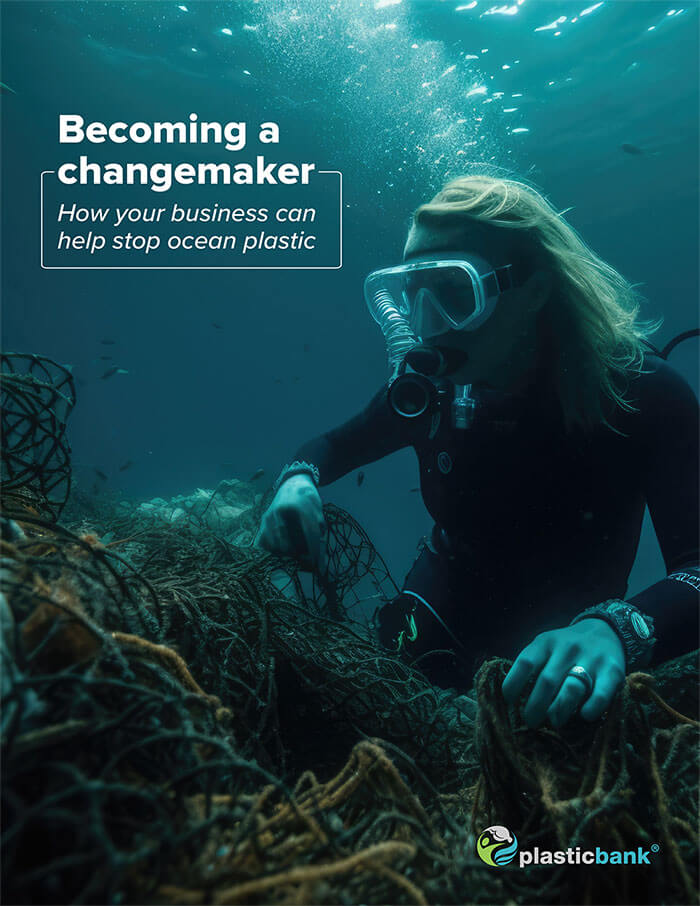
Mohawk, a large flooring company, uses plastic bottles to create beautiful carpets. This innovative way to manufacture carpets is not only reducing waste, but also saving costs.
Ikea, on the other hand, was a pioneer in the elimination of plastic bags. In 2008, they expressed their policy of not using plastic bags and encouraged their customers to use reusable bags.
Another excellent example of businesses looking to use sustainable alternatives to plastic is the case of the LØS market in Denmark. According to a report by Seas at Risk, in 2016, “Franco-Danish former export manager Frederic Hamburger made history by opening LØS market, the first packaging-free supermarket in Denmark.”
Plastic pollution is a reality that younger generations are aware of. Their concern about how this affects the environment has grown year over year. Therefore, these consumers strongly seek brands and companies with sustainability at the core of their products and packaging.
In this way, a big part of the global community is willing to take action to reduce plastic consumption. Moreover, awareness is still needed for consumers who aren’t taking action. For that, consumer solutions such as the following are great examples of awakening their environmental responsibility and bringing behavioral changes.
This global movement challenges people to reduce their plastic consumption for a month and beyond. It aims to raise awareness of plastic’s environmental and social impacts and inspires people to adopt more sustainable habits. According to its website, more than 326 million people from 177 countries participated in 2020 and avoided over 900 million kilograms of plastic waste.
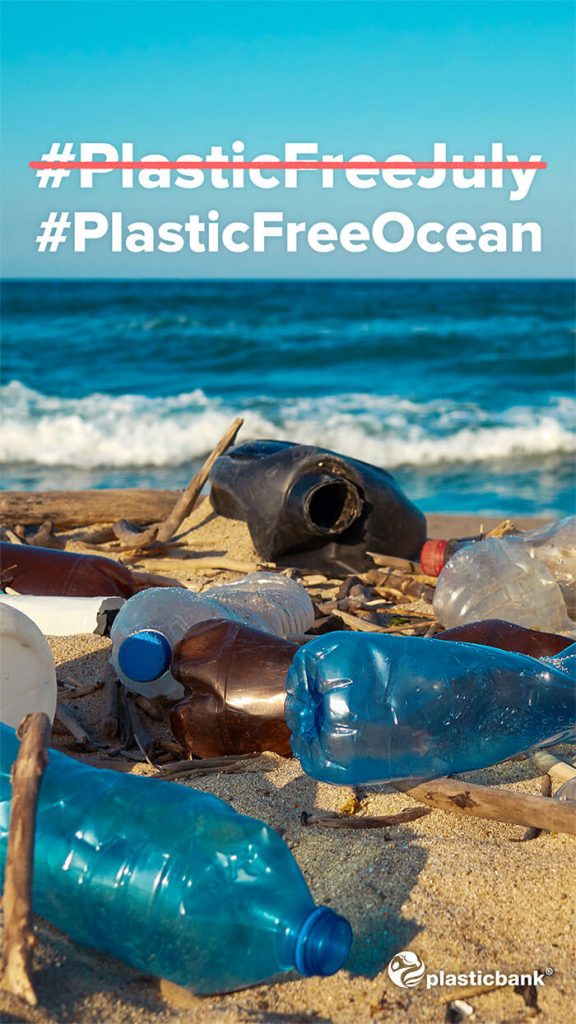
This philosophy encourages people to eliminate or minimize their waste generation by reusing, recycling, composting, or refusing products that are disposable or packaged in plastic. Some examples of zero-waste practices are using reusable bags, bottles, cups, straws, and cutlery, buying in bulk or from local markets, choosing homemade products, and repairing or donating items instead of throwing them away.
Plastic Bank is a social enterprise that exists to create a wasteless world by mobilizing communities, businesses, and individuals to gather discarded material from the environment and use it to end poverty. Collection communities exchange plastic as currency for income and social benefits. Businesses and individuals subscribe and purchase plastic credits to reduce their environmental footprint, promote a circular economy, and support communities. Additionally, Plastic Bank offers recycled Social Plastic® feedstock for reintegration in products and packaging.
As shown throughout this article, plastic pollution is a global crisis that demands collective efforts and accurate solutions. Thanks to plastic pollution awareness campaigns, governments, industries, and businesses are increasingly interested in adopting and aligning with sustainable practices.
From new initiatives to industries and corporations developing products with alternatives to plastic, and consumer solutions to change their behavior and approach to plastic consumption; if something has been demonstrated, real solutions to plastic pollution are possible over time.

Think of a plastic bottle, one among billions, starting its life in a factory. It’s filled, used, and then discarded – a fleeting moment of…
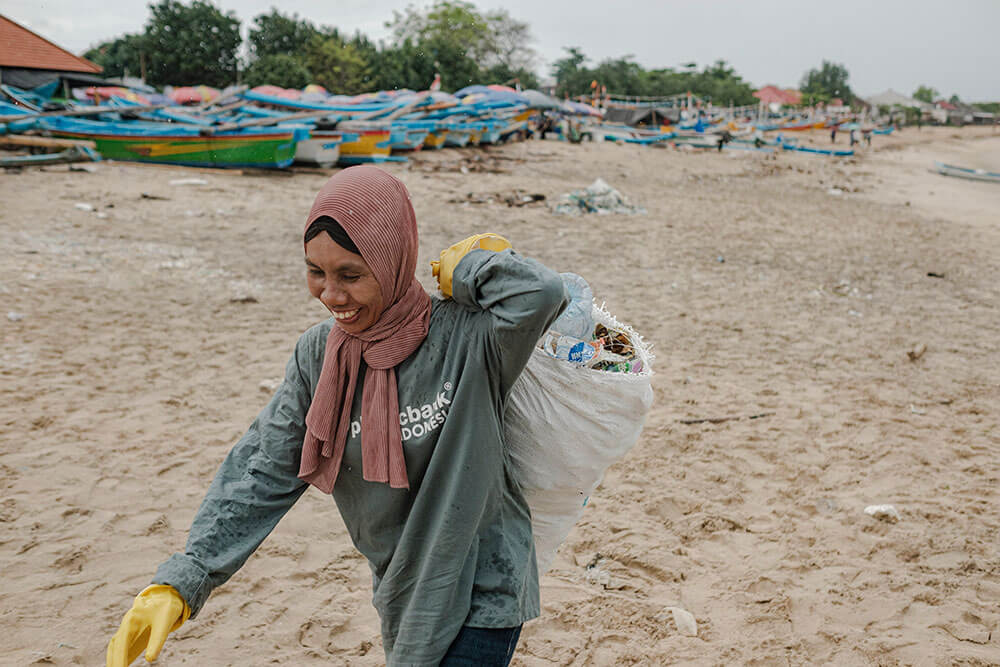
In today’s rapidly changing business landscape, the intersection of profitability and sustainability is a focal point of discussion. Companies are increasingly investing in green initiatives,…
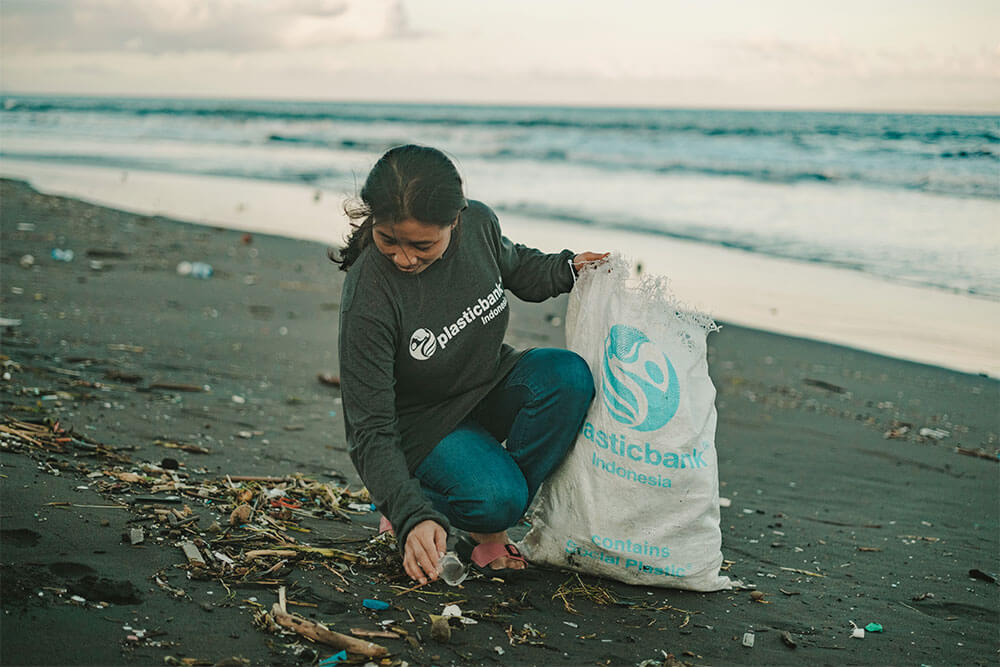
In response to growing concerns about plastic pollution, the international community, under the United Nations guidance, launched the ambitious negotiations toward a global Plastic Treaty.
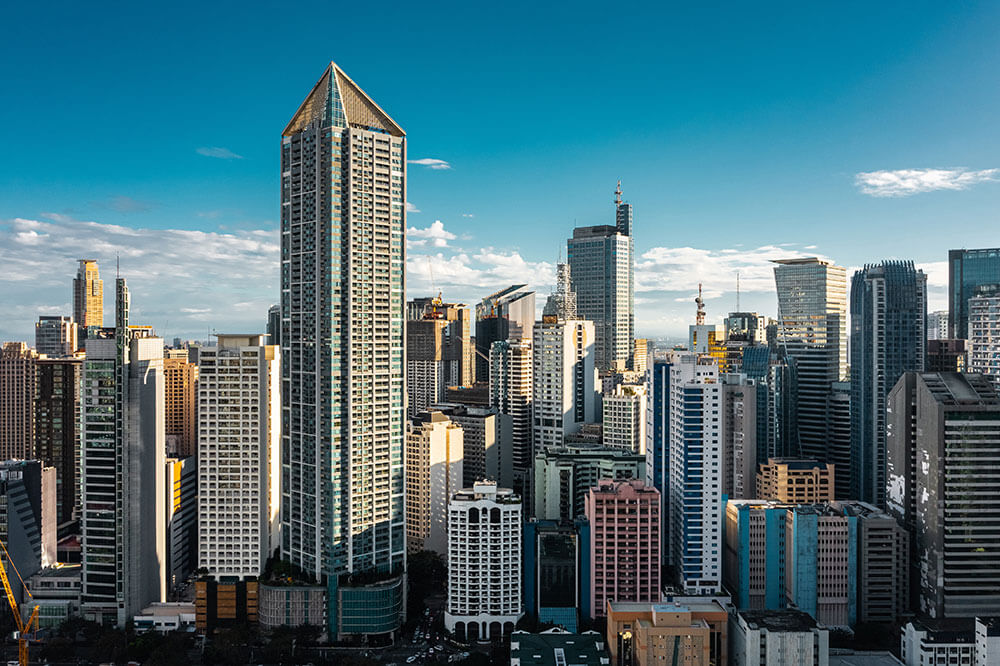
In the heart of Southeast Asia, the Philippines is facing significant environmental challenges due to the rampant use and exploitation of its natural resources. This…
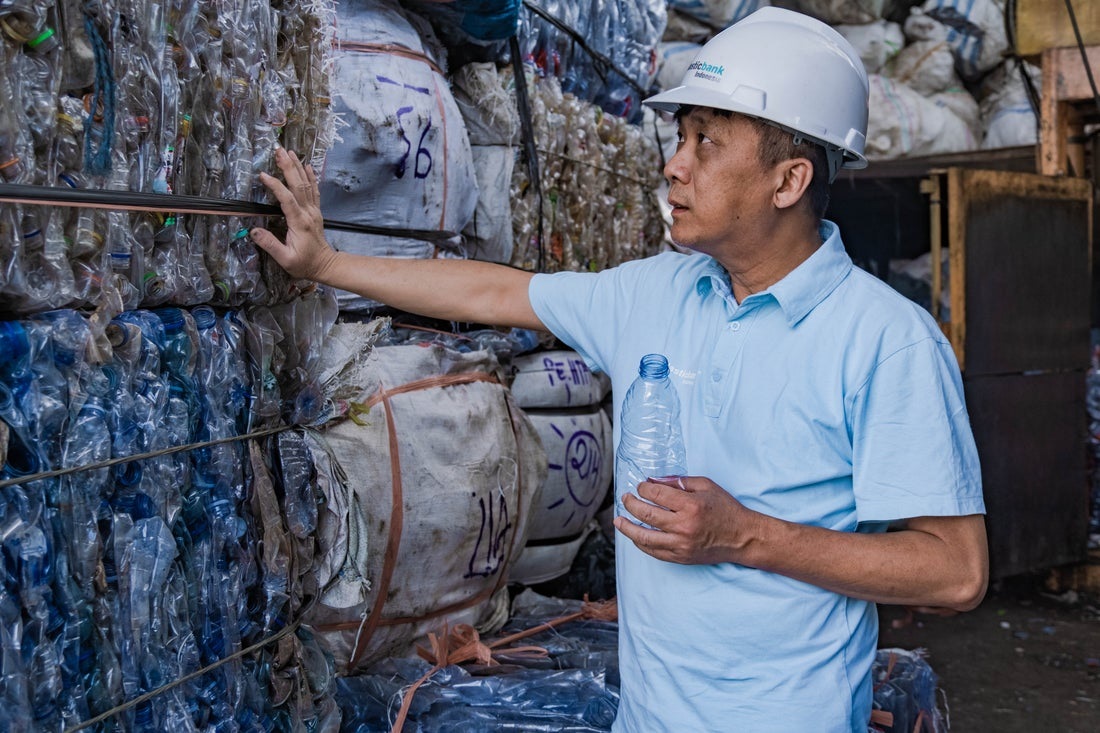
Stop plastic pollution and create social impact with plastic offsets, recycled feedstock, and customized toolkits to share your story.
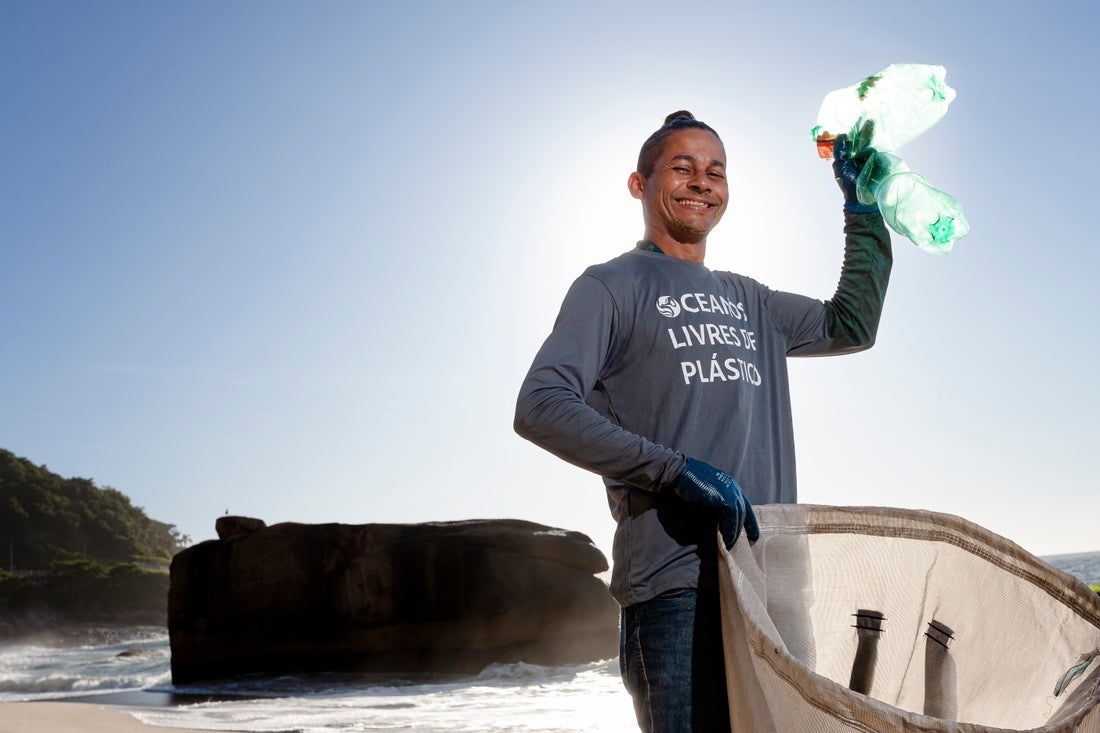
Choose your monthly contribution or discover programs for your friends, family, colleagues, and community.